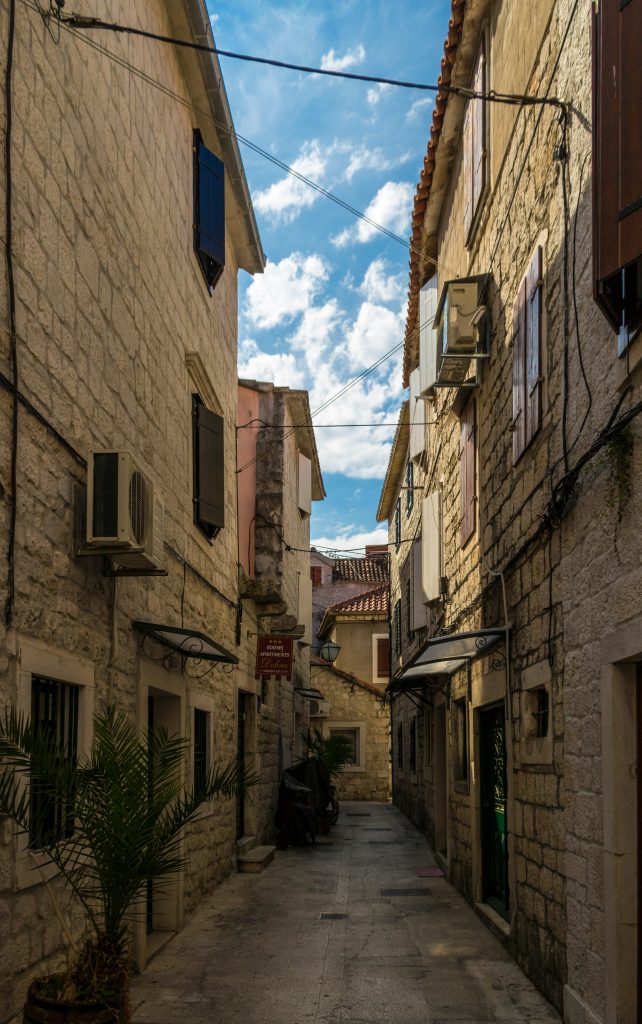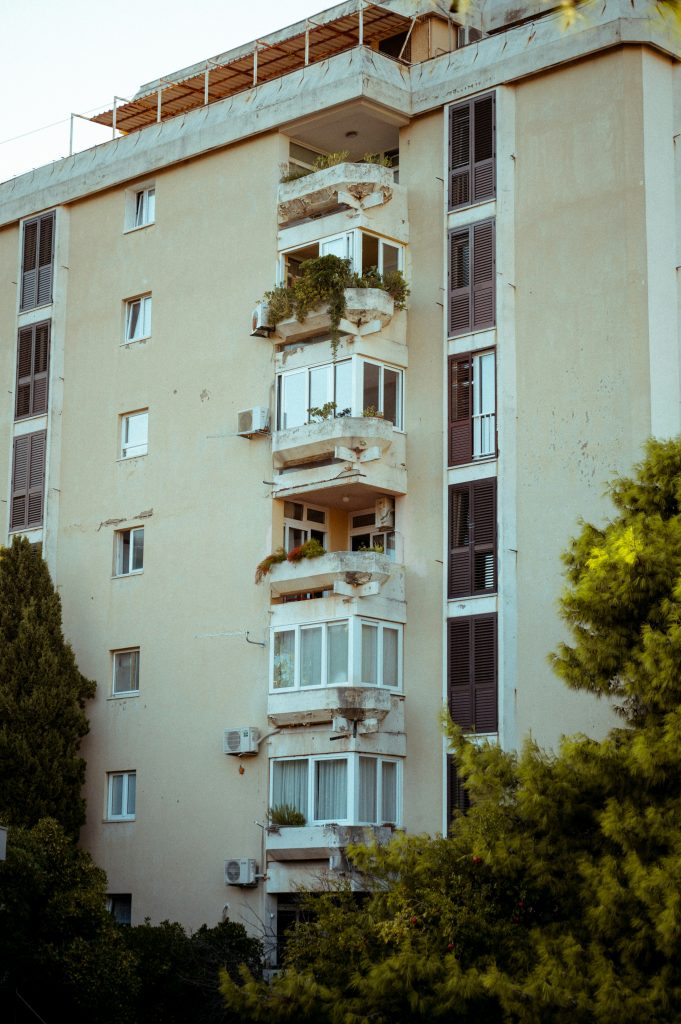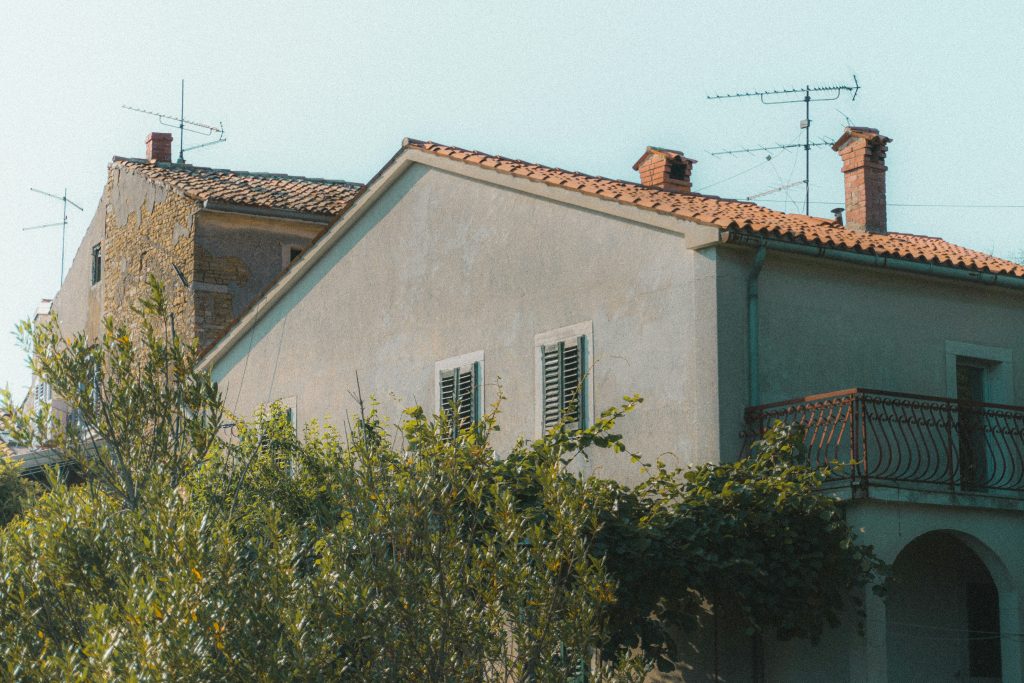November the 26th, 2024 – Croatian landlords have threatened constitutional action against recent government decisions regarding property ownership and rental, and those threats appear to have been far from empty.
As Poslovni Dnevnik writes, eager representatives of the Save Small Family Renters/Spasimo male obiteljske iznajmljivace Civic Initiative recently met with the Minister of Tourism and Sport, Tonči Glavina. During that meeting, the group presented their demands, to which they didn’t receive precise answers, but they were recognised as interlocutors and cooperation was agreed upon. This was stated by the representative of the Initiative, Vedran Tomić, after the meeting with Minister Glavina.
“We emphasised that sustainable tourism in Croatia simply isn’t going to even exist without our people. We presented our analyses of affordable housing, which isn’t related to renting properties out at all, and specific legal proposals for the entire package of laws concerning small family renters,” said Tomić.
He stated that the proposals of disgruntled Croatian landlords included the deletion of provisions such as consent in the law on building management and maintenance, the retroactive application of the consent on the hospitality industry, and the correction of the lowest flat-rate income tax rates. They believe that the latter should be left to local authorities to decide.
less than satisfied croatian landlords

They group also proposed the total abolition of the distinction between “hosts” and “renters”.
“The Ministry told us that they’d make a statement on our proposals later on, but they didn’t say when,” he added. When asked what the Initiative would do next and how long it would wait for answers, he said that if their demands weren’t accepted and the necessary corrections weren’t made, Croatian landlords would continue with their pressure, and that in that case the government would “feel the consequences of their actions.”
Some of the possible actions, he said, are a gathering of dissatisfied Croatian landlords nationwide. If the law on hospitality enters into force and remains without additional amendments in accordance with the group’s demands, he claimed that constitutional lawsuits would follow.
The amendments to the law on hospitality should enter into force on January the 1st, 2025 and should be adopted by urgent procedure in the Parliament. This is also something the Initiative doesn’t agree with. They want to define minimum technical conditions for accommodation, as has been done for hospitality establishments.
Tomić announced that they’re soon set to establish a national association of Croatian landlords. Hana Matić from the Initiative also emphasised that they’ve started to receive letters from Croatian landlords who have apartments that are rented out by families or individuals when someone comes to that location for treatment, for example in Zagreb, and they have to stay for up to 20 days, and hotels are expensive for them. “Where will these people go and be able to pay for their accommodation?” she asked.
Occupancy in decline…

Minister of Tourism and Sport Tonči Glavina stated at the “Franjo Bučar” sports awards ceremony that the ministry is in communication with Croatian landlords. He added that he had just recently told them that the planned tourism reform is aimed at its sustainability, which is based entirely on the government’s strategic documents. He noted that the occupancy rate of family accommodation is declining, but not because of a decline in overall turnover, which is growing, but because of an increase in the number of beds.
As such, he added, from 2023 to 2024, more than 46,000 brand new beds were put on the market. According to him, this is the reason for the decline in occupancy and dissatisfaction of service providers, while at the same time the quality of life and sustainability in tourist destinations have declined.
“Now is the time we need to work to change this,” Minister Glavina said, emphasising that no bans are being introduced for Croatian landlords. “We’re simply introducing some new conditions and adjustments, balancing and establishing a fairer tax policy, and at the same time giving a very long adjustment period of five years. We’re not just going to ban something after that either, we’re just going to make it so that people living in apartment buildings can say whether they want to not share their space with tourists,” he said. He concluded that “there remains room for discussion” with Croatian landlords, especially regarding tax flat rates.











